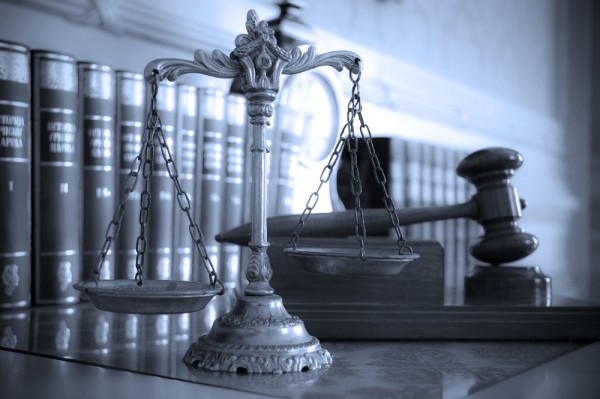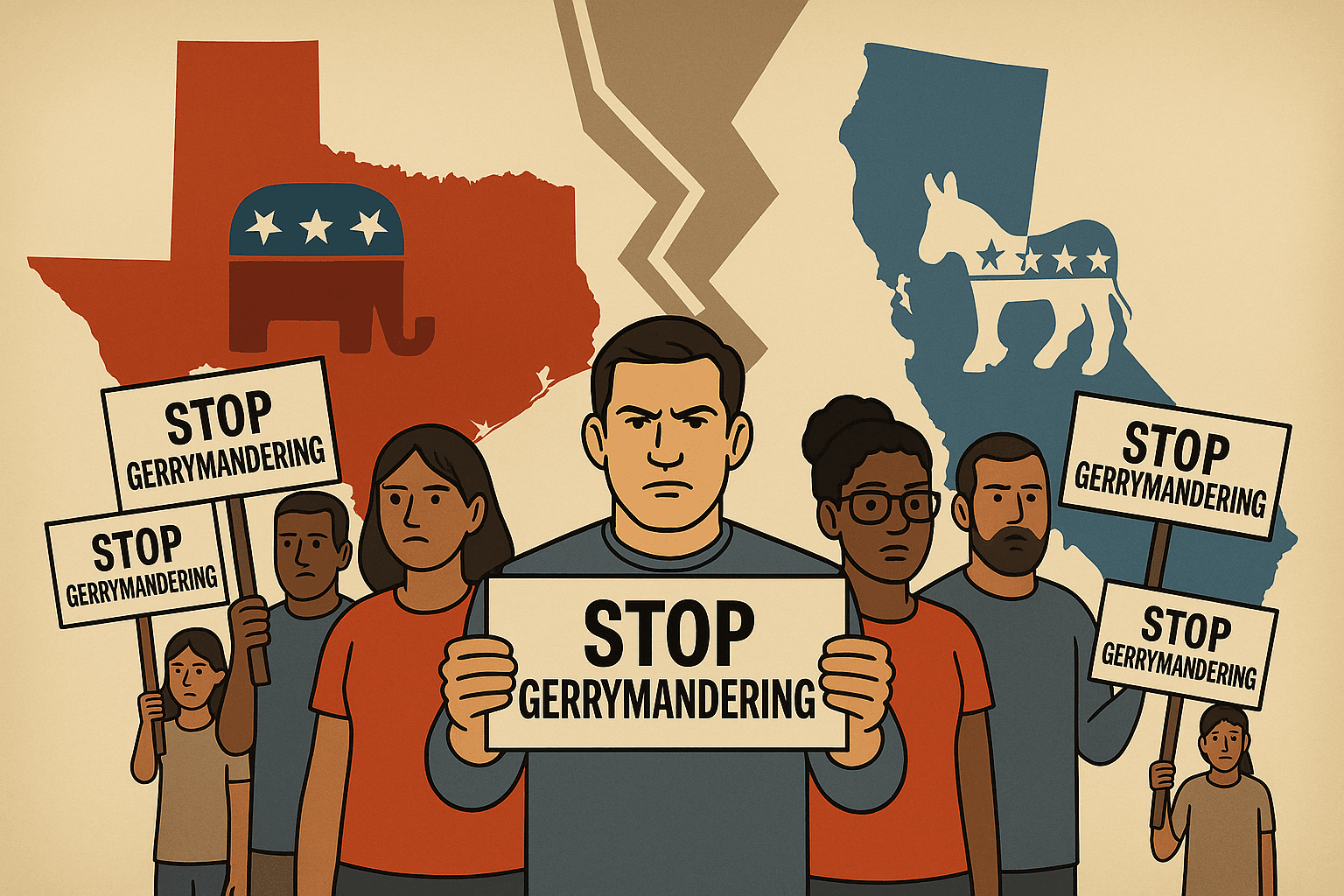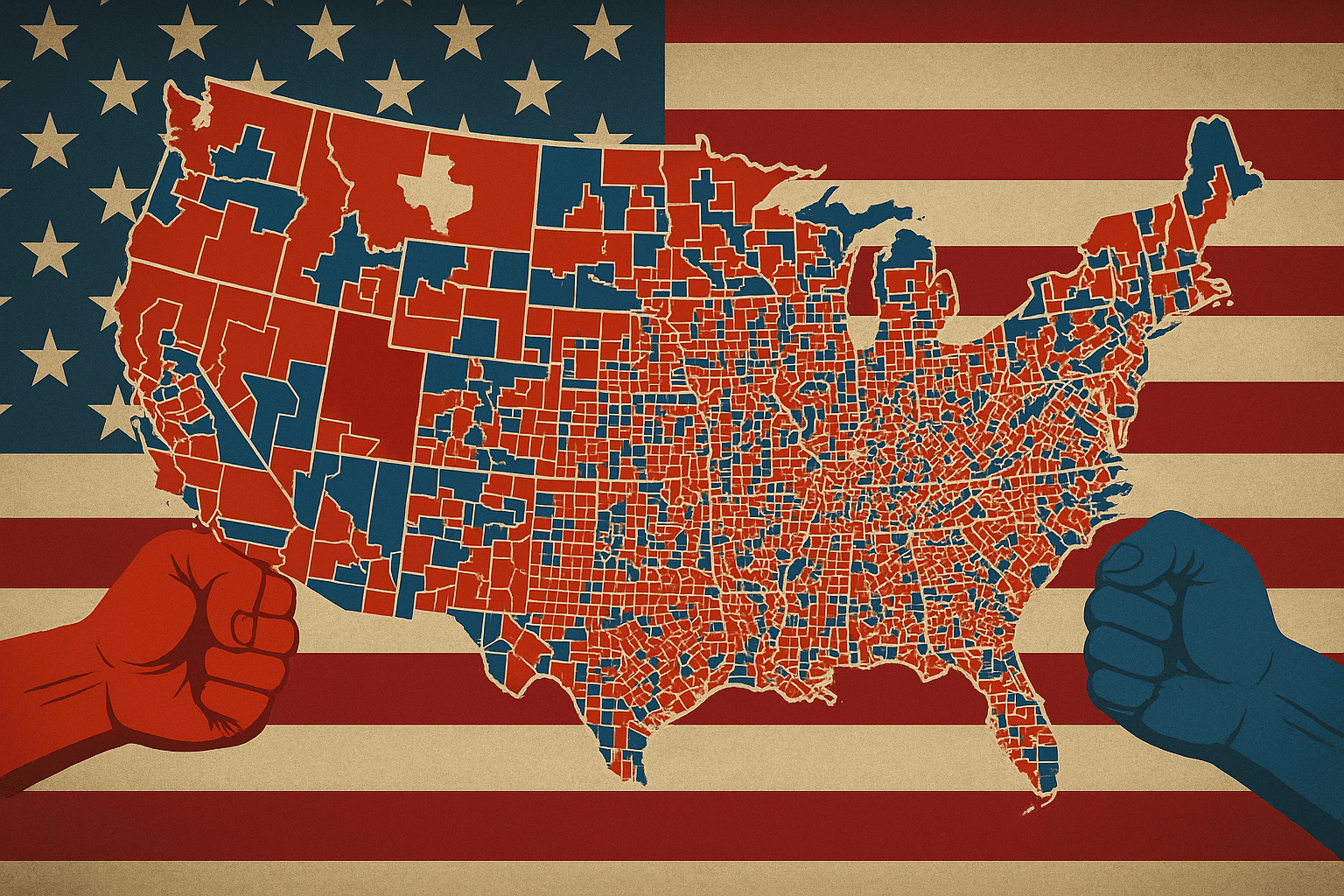States Lack Clear Internet Privacy Laws to Protect Citizens

With the NSA stockpiling browser data and advertising agencies targeting specific potential customers, there seems to be no end to what can be done with the massive amount of information available at the click of a mouse.
Another application of the data available to "them" has been made clear over the past month in the case of Chevron and Ecuador.
After a decade of litigation against the oil giant involving an $18.2 billion accusation of "massive environmental contamination in Ecuador," presiding Judge Lewis Kaplan ruled in favor of a subpoena granting Chevron the right to collect the information of lawyers, activist groups, journalists, and citizens whose criticisms of Chevron have been used against the corporation in the lawsuit.
Chevron now legally has access to the emails, logins, IP addresses, and browsing history of over a hundred people who have criticized Chevron's environmental impact in Ecuador. Their information can be accessed from up to 9 years ago.
The decision transcends geographical location; everyone in the case can be investigated, regardless of residency or their Internet providers. Microsoft, Yahoo, and Google are all expected to provide Chevron with each person's information.
Whether or not the grounds on which the Ecuadorian government indicted Chevron are valid, the ruling is a marker of the ambiguous nature of Internet privacy.
The First Amendment allows U.S. citizens privacy in their actions. It also allows citizens to appear in court anonymously. Judge Kaplan ruled that since the persons in question did not provide whether or not they were U.S. citizens, the First Amendment effectively did not apply to them.
Therefore, the order that granted the right of Chevron to access their online information stems from an assumption by the judge that none of the plaintiffs were of American nationality.
Texas teen Justin Carter felt the brunt of this legal phenomenon five months ago, when his comment on League of Legends, the world's largest public online game, reached the eyes of law enforcement officials. The comment occurred in the middle of an argument in which another gamer referred to Carter as being "messed up in the head."
Carter then took to Facebook to reply: "Oh yeah, I'm real messed up in the head, I'm going to go shoot up a school full of kids and eat their still, beating hearts. lol jk."
Regardless of his intentions, a woman in Canada reported the comment to the authorities. A debate regarding the validity of her actions has flared up in a League of Legends forum.
Carter was jailed for "terroristic threats" until this past weekend, when an anonymous donor posted the towering $500,000 bail set. The sentence would have lasted upwards of 8 years.
Whether it's concerning a Facebook comment or a court case, it is critical for Internet users to re-evaluate their online presence.
The laws regarding Internet privacy are sparse, generic, and vague. Only California and Arizona have formally passed laws regarding privacy of online activities, and all 50 states have laws granting the federal government the right to wiretap "electronic or computer" entities -- although only 44 have agreed to extend this ruling to photos, videos, and cell phones.
The Internet is a relatively new invention; the laws regarding its use are newer. In the coming years, we will see a maturation of the Internet as well as the laws governing it. Until that happens, users should be reviewing the laws associated with online privacy, as well as learning from the cases being brought forth today.




